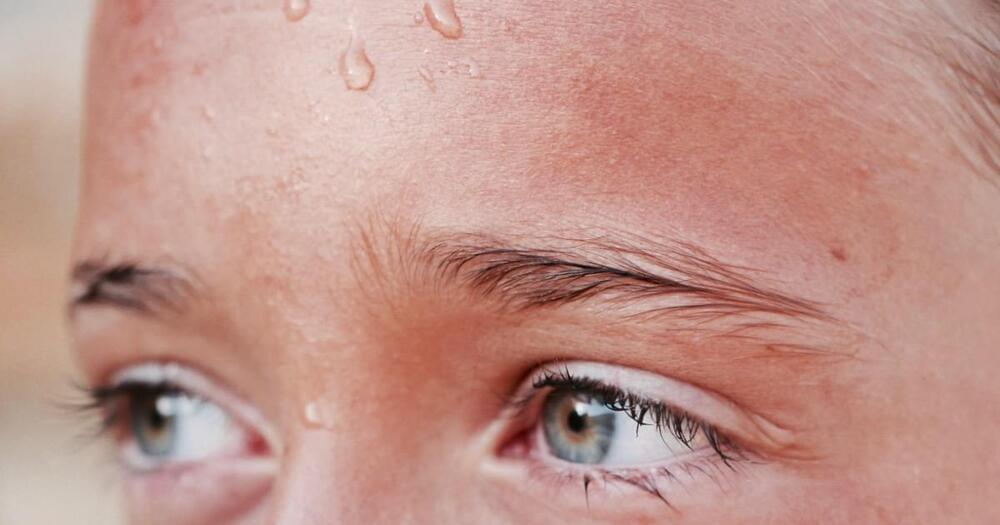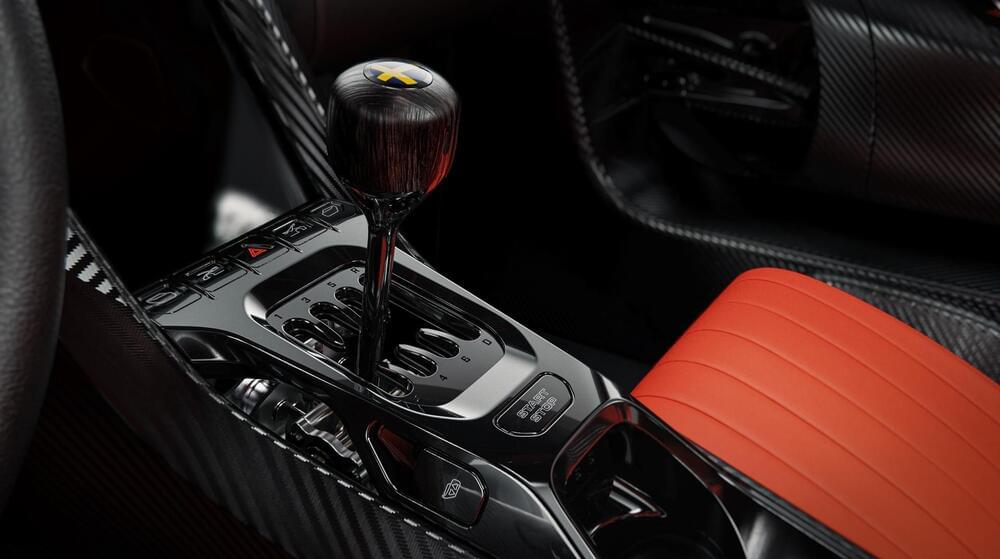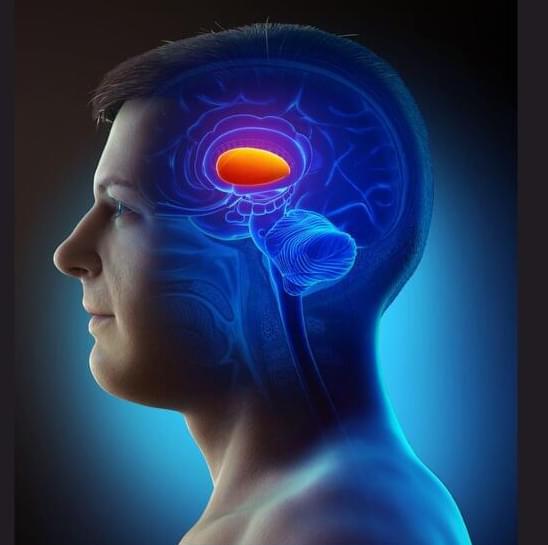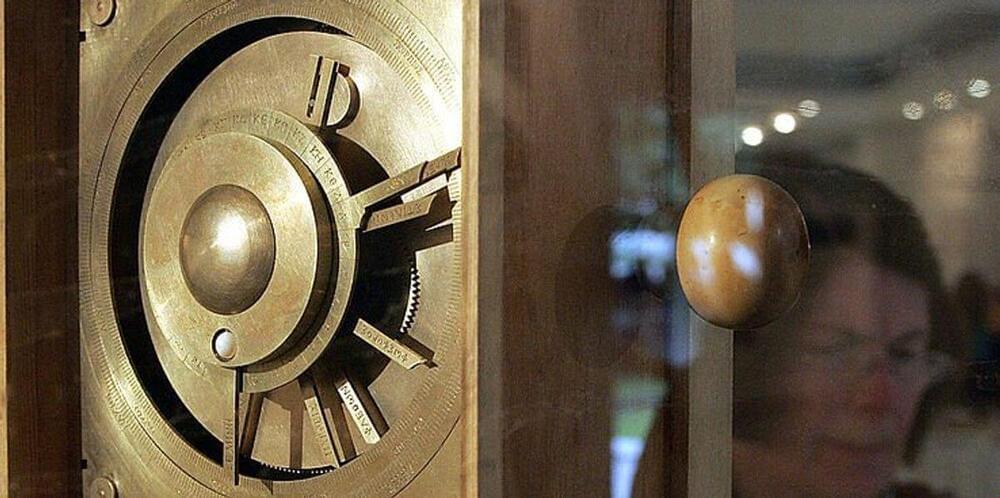Intel has a unique approach when it comes to AI with more focus on hardware than software. Learn more.



Abnormal levels of stress hormones such as adrenaline and cortisol are linked to a variety of mental health disorders, including depression and posttraumatic stress disorder (PTSD).
MIT researchers have now devised a way to remotely control the release of these hormones from the adrenal gland, using magnetic nanoparticles. This approach could help scientists to learn more about how hormone release influences mental health, and could eventually offer a new way to treat hormone-linked disorders, the researchers say.

Toyota, renowned as the world’s largest car company, has often been perceived as an anti-EV automaker due to its cautious approach and reluctance to embrace the EV revolution.
Toyota maintained its course to focus on alternative options or rather specifically saying hydrogen path for its automobility future.
Instead of succumbing to the hype surrounding these vehicles, Toyota has consistently maintained its stance, emphasizing the need for battery technology to reach a certain stage before committing to the electric path.

Scientists from the University of Sydney and Fudan University have found human brain signals traveling across the outer layer of neural tissue that naturally arrange themselves to resemble swirling spirals.
Published in the journal Nature Human Behaviour, the study suggests that these widespread spiral patterns, seen during both rest and cognitive activity, play a role in organizing brain function and cognitive processes.
Senior author Associate Professor Pulin Gong, from the School of Physics in the Faculty of Science, said the discovery could have the potential to advance powerful computing machines inspired by the intricate workings of the human brain.

Human rating the SpaceX Starship could take a few years after it is flying successfully to orbit. However, the SpaceX Starship could fly unmanned into orbit and even dock with the ISS Space Station.
ErcXSpace has some renderings of what the SpaceX Starship looks like in orbit and docked with the Space Station. It would be trivial and fast for SpaceX Starship to be able to hold safe living conditions. The human rating issues are more difficult to prove launching reliably and safely. This would also mean proving launch abort safety.
If the SpaceX Starship flies unmanned to orbit then astronauts could fly up via other systems like the SpaceX Dragon and dock and board Starships.

The Koenigsegg CC850 that debuted during August’s 2022 Monterey Car Week is a re-imagination of the Swedish firm’s first production car, and one of the highlights is a transmission like no other.
The CC850 uses a version of the 9-speed Light Speed Transmission from the Koenigsegg Jesko, but with a new Engage Shifter System (ESS) that makes the automatic transmission transform into a 6-speed manual (it still maintains the full automatic mode with nine gears, though). This Engineering Explained video provides a deep dive into Koenigsegg’s reinvented manual.
Koenigsegg’s latest hypercar features an automatic transmission that can transform into a manual complete with a clutch pedal.

The backpack also boasts a camera, microphone, speaker, network interface, processor, and storage, of course.
A person with poor vision heading to work faces many challenges, such as difficulty identifying the traffic lights. One day, the person is handed a backpack that is able to recognize the objects surrounding them, describing the people and stores nearby.
Now, an innovation can help support individuals with multiple tasks through the tech giant – Microsoft’s latest innovation – an artificial intelligence (AI) endowed smart backpack.

A new study reveals the brain circuit that controls sex drive in male mice. Scientists believe this finding could apply to humans and may allow them to manipulate the male libido.
Scientists at Stanford Medicine have identified the exact part of the brain that controls sex drive in mice. It is possible that the same part of the human brain also regulates libido in men.
“We’ve singled out a circuit in male mammals’ brains that controls sexual recognition, libido, and mating behavior and pleasure,” said Nirao Shah, one of the senior researchers and a professor of behavioral sciences at Stanford.
The United States Air Force has completed a critical AI-controlled autonomous flight of its modified Osprey Mark III unmanned aerial system.
The USAF reports that the United States Air Force’s (USAF) “Osprey” Mark III unmanned aerial system (UAS) has completed its first fully autonomous test flight. Conducted on July 20, 2023, the test formed part of the USAF’s larger Autonomy, Data, and AI Experimentation (ADAx) Proving Ground effort for the program, specifically the USAF’s Autonomy Prime Environment for Experimentation or APEX, a subset of ADAx. The trial was conducted to evaluate and operationalize artificial intelligence and autonomy concepts to support warfighters on the evolving… More.
USAF
Connecting the dots.

Scientists have been left baffled by the discovery of the wreck of a 2,000-year-old “computer” that is amazingly complex.
The Antikythera mechanism – an astronomical calendar – has been dubbed “‘the first computer” and has baffled scientists for generations after it was first discovered inside a Greek shipwreck in 1901.
The device is a hand-powered time-keeping instrument that used a wing-up system to track the sun, moon and planets’ celestial time. It also worked as a calendar, tracking the phases of the Moon and the timing of eclipses.